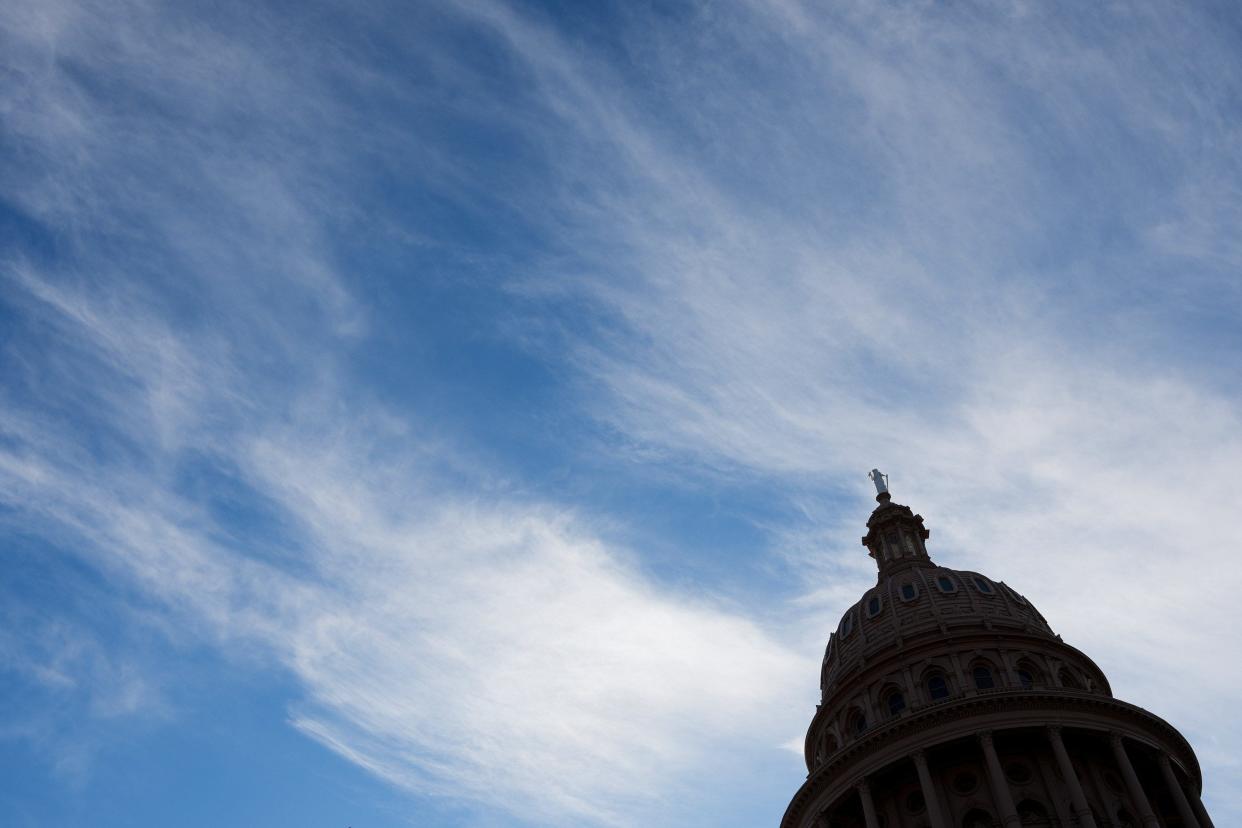Texas lawmakers call for special session on education funding. Why Gov. Abbott is resisting

Texas House Democrats are urging Gov. Greg Abbott to call a special legislative session to increase public school funding as districts around the state grapple with budget deficits in the millions.
Abbott instead blasted the lawmakers for their opposition to legislation last year that he said would have increased education funding but became mired in the governor's controversial signature priority — a school voucher proposal — that divided Texas House Republicans.
The Democrats on Monday sent a letter, authored by Rep. Jon Rosenthal, D-Houston, calling for a 30-day special session focused on increasing per student funding — the basic building block of Texas public school funding — and for a higher investment in school safety. Thirty-nine Texas House Democrats signed the letter.
"Our public schools are the bedrock of our communities, and it's imperative we provide them with the resources they need to thrive," Rosenthal said.
As districts shore up details for their 2024-25 school year budgets, many across Texas are facing steep funding cliffs.
In the Austin district, officials face an $89 million deficit on the district’s $956 million budget. District leaders estimate that cuts can trim that deficit down to $59 million. Districts outside of Houston, such as the Cypress-Fairbanks district, have proposed laying off hundreds of staff members to offset millions in red ink.
The extended 2023 legislative year brought four special sessions — 30-day periods (outside the regular five-month legislative session) in which lawmakers focused on specific topics the governor put forth.
After failing to get a comprehensive education funding bill passed in the regular session, follow-up attempts in special sessions to increase funding for local school districts became entangled in heated political battles, largely centering around Abbott’s contentious school voucher push. The proposal would use public money to pay for students’ private school tuition — a measure the governor spent a year pushing around the state and even called on faith leaders to advocate for it from the pulpit.
The "school choice" proposal, however, split House Republicans and could not clear the hurdle to make it across the finish line. While advocates argued the program would give more opportunities to disadvantaged children, others, many from rural areas, said the proposal would only bleed already cash-starved public schools.
During the fourth special session in November, Rep. Brad Buckley, R-Killeen, who led the House Education Committee, tried to advance a $7.6 million package through the lower chamber with millions allocated for public education as well as the hot-button voucher program.
In responding to Rosenthal's letter Monday, Abbott lambasted the Democratic lawmakers who signed on to the special session request, noting that they “voted to kill that package.”
“The makeup of the Texas House of Representatives has not changed since you rejected that proposal, which means there is no possibility for it to pass during another special session unless you are willing to change your position to support the Buckley bill,” Abbott wrote.
On Nov. 17, 21 House Republicans joined all Democrats to strip the voucher measure out of House Bill 1, Buckley’s education package. The chamber never voted on HB 1 after Buckley pulled it off the calendar when lawmakers carved out Abbott’s signature program from the bill. The governor had threatened lawmakers by saying he would not approve any increased spending for public education without first passing a voucher program.
Abbott instead is blaming the funding shortfalls on lower student enrollment and deadlines for district's use of federal COVID-19 relief funding.
Throughout 2023, lawmakers and school officials rallied at the Capitol insisting that state education funding hadn't kept up with inflationary costs.
An American-Statesman analysis in January found that when adjusted for inflation, per-student funding from state and local sources is down by 12.9% since 2020 — $10,387.03 this year compared with $11,919.13 per student in 2020.
This article originally appeared on Austin American-Statesman: Texas lawmakers want education funding boost. Abbott says it won't pass
Solve the daily Crossword

